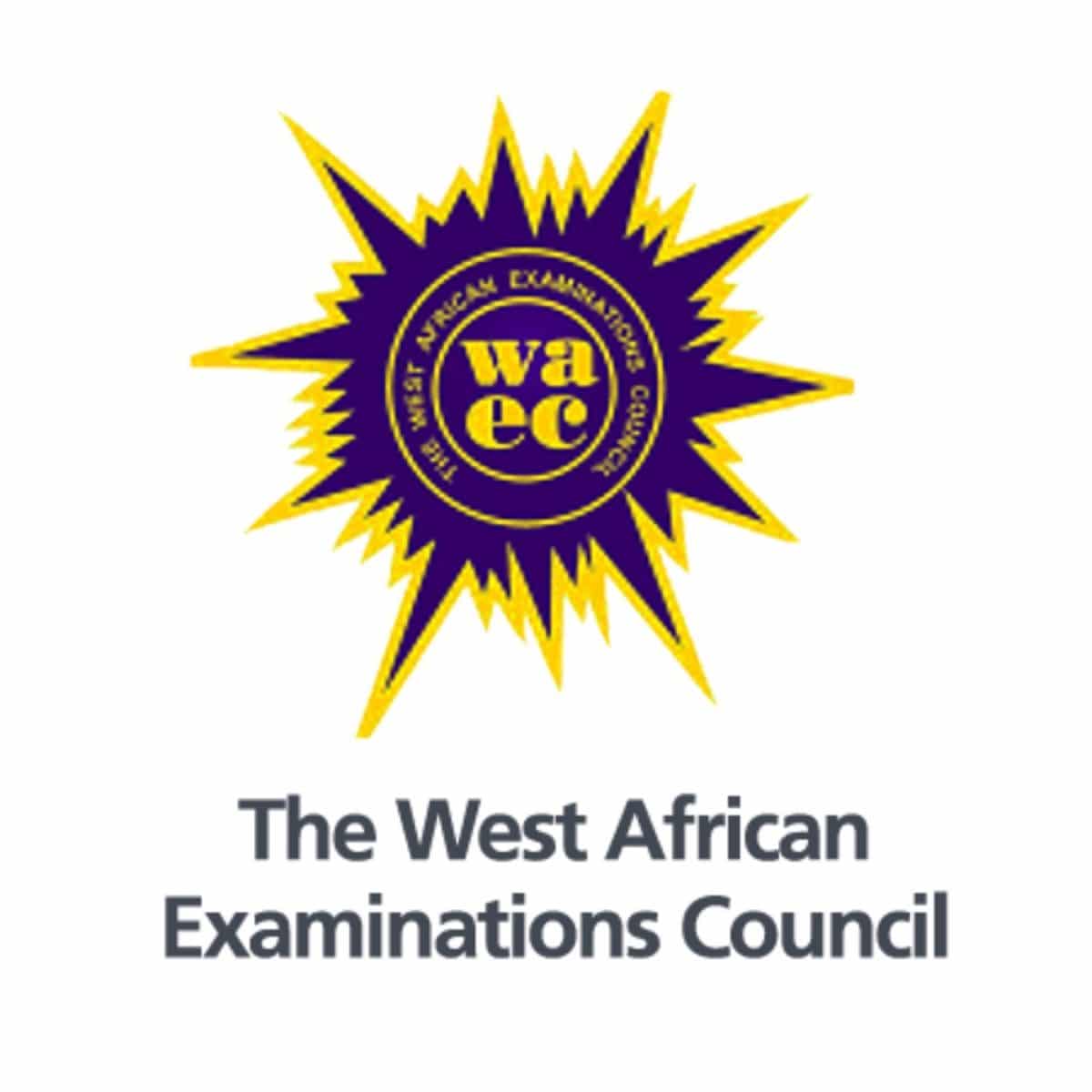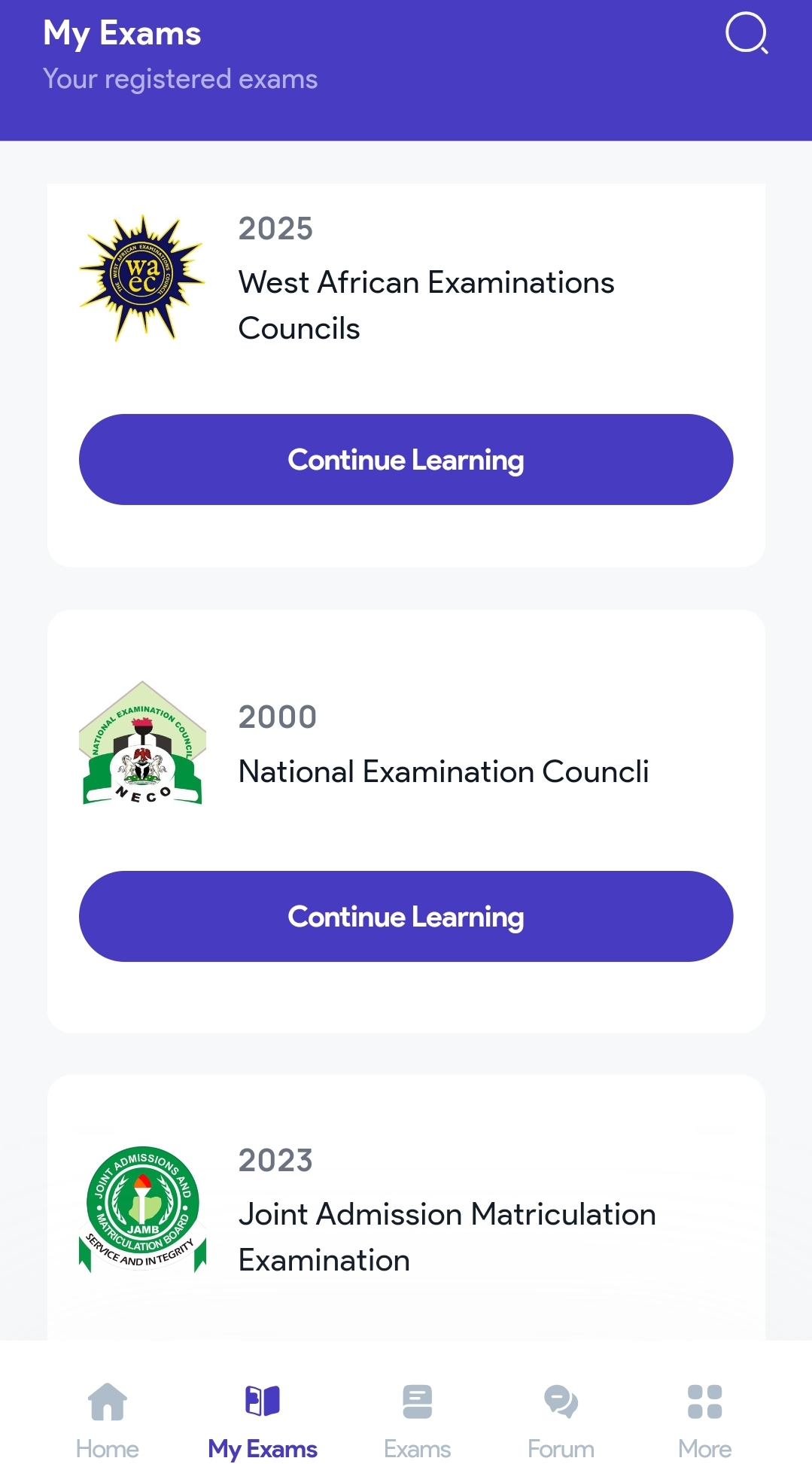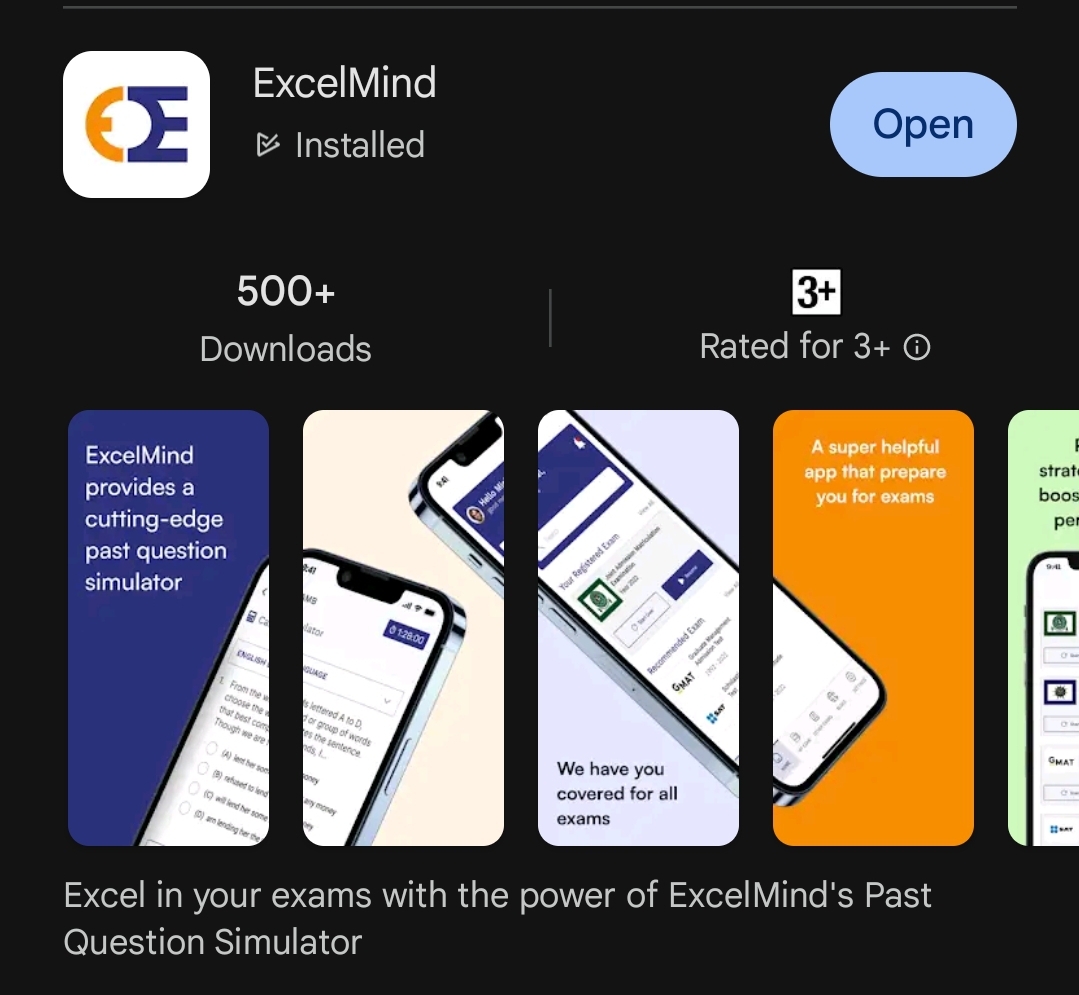Physical Address
304 North Cardinal St.
Dorchester Center, MA 02124

Imagine a career where you can influence nations, create lasting policies, and contribute to global peace. A life where you represent your country on international platforms make diplomatic decisions, or lead organizations that impact millions worldwide. That dream begins with one decision: selecting the right WAEC subjects for International Relations.
Your WAEC exams are the foundation of this dream. They determine not just your eligibility for a degree in International Relations but your confidence to pursue the career you’ve always wanted.
Many students make the mistake of choosing subjects without understanding their long-term impact, but that won’t be you. By the end of this article, you’ll know the exact subjects to choose, how to prepare effectively, and how the ExcelMind app will be your ultimate roadmap to passing WAEC and starting your journey in International Relations.

Read Also: 15 Ways to Pass WAEC Without Stress
International Relations is a difficult field that focuses on how nations interact, negotiate, and resolve conflicts. To study this course at a university, you need a solid foundation in subjects that nurture critical thinking, analytical reasoning, and global awareness.
The right WAEC subjects for International Relations give you the tools to understand politics, history, and economics, helping you excel in your degree and future career. Without these subjects, and the right preparation, you risk falling short of university requirements or lacking the confidence to pursue your dream.
To study International Relations in Nigeria or abroad, you need to focus on these core WAEC subjects:
In addition to the core subjects, these electives can boost your chances of success:
Passing WAEC with flying colours requires more than hard work, You need smart work. That’s where the ExcelMind app comes in. This app is not just another study tool; it’s your personal coach, guiding you through every step of your WAEC preparation journey.

The ExcelMind app creates personalized study plans based on the subjects you need for International Relations. It breaks down the syllabus into manageable chunks, ensuring you cover everything without feeling overwhelmed.
ExcelMind gives you a huge library of past WAEC questions with detailed solutions. You’ll learn the patterns of questions in subjects like Government, Economics, and History, helping you prepare effectively.
With ExcelMind, learning is never boring. The app provides interactive lessons, quizzes, and video tutorials that simplify complex topics. Imagine learning the history of colonial Africa or the principles of international trade in a fun and engaging way!
The app tracks your progress in real time, showing you areas of strength and topics that need more focus. This ensures no topic is left behind.
“My experience writing exams has always been terrible. After going from failure to failure, I eventually stumbled on ExcelMind, which was my turning point. Now I enter exam halls confident and certain that I will do well because I am well prepared.”
– Tewogbola Temitope
This testimonial from a former WAEC candidate says it all. ExcelMind doesn’t just prepare you academically; it builds your confidence, so you walk into the exam hall ready to succeed.
Unlike other apps, ExcelMind goes beyond providing study materials. It focuses on exam techniques, teaching you how to manage time, approach tricky questions, and write answers that score high marks. Whether you struggle with essay writing in Government or calculations in Economics, ExcelMind equips you with the skills to excel.
Your dream of studying International Relations is closer than you think. Here’s what you need to do:

See Also: 10 Powerful Tips to Pass Mathematics in WAEC with Confidence
Choosing the right WAEC subjects for International Relations is the first step toward your dream career. But passing these subjects with excellent grades is just as important. With ExcelMind, you don’t have to face this journey alone.
The app provides everything you need—guidance, study tools, and confidence—to ace your WAEC exams and secure admission into the university of your choice.
Don’t let fear or confusion hold you back. Download the ExcelMind app now and take the first step toward a future filled with possibilities. Your journey to becoming an international diplomat, policy analyst, or global leader begins today.
To study International Relations, you’ll need to pass key subjects in your WAEC exams. These include:
English Language (compulsory)
Government or History (important for understanding political systems)
Economics (essential for grasping global markets and trade)
Geography (helps in understanding global locations and environments)
Mathematics (may be required for some universities, especially for data analysis or economics-focused courses)
To study International Relations at the university level, you need to have a strong WAEC combination that covers key subjects required for the course. The typical WAEC subject combination for International Relations includes:
English Language (compulsory)
Government or History (helps in understanding political systems and historical events)
Economics (important for studying global markets and trade relations)
Geography (useful for understanding the global environment and political boundaries)
Mathematics (may be required for certain universities, especially those that have a strong focus on economics or data analysis)
In addition to these core subjects, some universities may accept a Nigerian Language or Literature in English as an elective, depending on their specific requirements.
To pursue a degree in History and International Relations, you need to meet certain O’Level (WAEC or its equivalent) requirements. These requirements generally include:
English Language – A compulsory subject, usually with at least a credit pass.
History or Government – At least a credit pass in either of these subjects is often required, as they form the foundation for understanding political systems, historical events, and global interactions.
Economics – A credit pass is commonly needed, as economics is integral to understanding global relations and the functioning of international markets.
Geography – This subject helps with understanding the global environment, political boundaries, and the spatial aspect of international relations.
Mathematics – Some universities may require Mathematics as part of the O’Level combination, especially for programs that emphasize data analysis or economic relations.
Elective Subjects: While not mandatory, some universities may accept additional subjects like Literature in English or a Nigerian Language (e.g., Yoruba, Hausa, Igbo), depending on the university’s specific requirements.
A degree in International Relations can lead to various career paths, including:
Diplomat – Representing your country abroad and managing diplomatic relations.
International Development Specialist – Working on global development projects in sectors like health, education, and infrastructure.
Intelligence Analyst – Analyzing data on global security threats for government agencies.
Policy Analyst – Researching and advising on public policies in international relations.
International Law Consultant – Providing legal advice on global issues like human rights and trade.
Humanitarian Aid Worker – Assisting with emergency relief and development in crisis regions.
Foreign Affairs Analyst – Analyzing international developments and advising policymakers.
International Trade Specialist – Advising on global trade, tariffs, and market strategies.
Lecturer/Professor – Teaching and researching international relations at academic institutions.
Public Relations Specialist – Managing communication for international organizations or corporations.
Global Risk Analyst – Assessing and mitigating international risks for businesses or governments.
International Media Correspondent – Reporting on global events and international affairs.
These roles leverage a strong understanding of global politics, economics, and diplomacy, offering diverse career opportunities in various sectors.
No, it is not compulsory to write 9 subjects in WAEC.
In WAEC, students are typically required to write a minimum of 7 subjects, which includes core subjects like English Language, Mathematics, and other relevant subjects based on their chosen course of study. For example, students interested in International Relations may need subjects like Economics, Government, and Geography, in addition to the mandatory subjects.